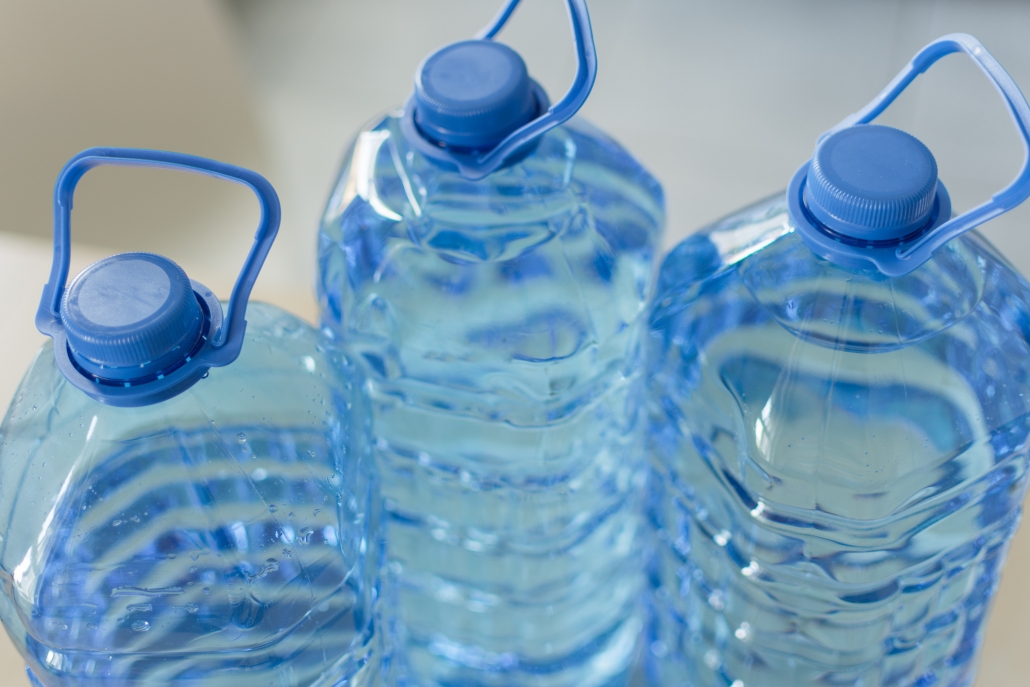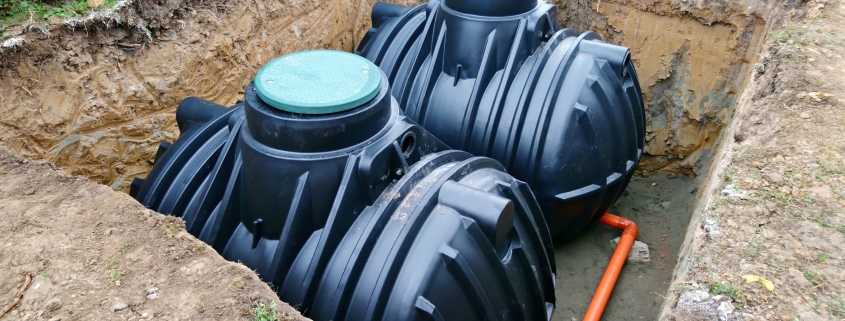How To Store Water If You’re Short On Space
How To Store Water If You’re Short On Space
Water is an essential part of survival and one of the most important things you must have an adequate supply of. It is essential for drinking, cooking, cleaning, and toilet flushing. That’s why you can’t refute the truth that ‘you can’t do anything without water, but you can do everything with it.’
Water is part of the essentials that you should have in abundance. Therefore, it’s best to avoid a situation where you have no access to running or stored water. Whether you’re in a small apartment or house, you should be able to find some space for storing your water.
There are many ways to store water, and each method differs. Before deciding which method is best for you, you must know the pros and cons of each. Here are some ways to store water despite living in a small space.
1. Use an underground water tank
Consider installing an underground water tank if your water supply is limited and you have no room to store extra water inside your home. These containers sit below the ground’s surface and can hold thousands of litres of water. Despite it being out of sight, its underground location keeps it safe from harsh weather conditions and possible contamination.
If you’re worried about the underground storage tank having possible leaks, it’s best to be familiar with how to turn off the water supply in your home. Knowing how to turn off your water supply is also essential to avoid contaminating your home’s tap water.
2. Use a five-gallon bucket
When you’re short on space and need to store water, you can use this method because it takes up very little space. You can use a five-gallon bucket and fill it with water. Then, seal the bucket and store it in a cool, dry place until you need them. This method is excellent for storing water for long periods because it won’t grow bacteria as quickly as other methods. However, you must ensure that your bucket has an airtight seal before storing it.
3. Store it in plastic containers
Using plastic containers—specifically those marked as food-grade—is an excellent method if you’re short on space and don’t have any other storage vessels to store water. The main downside to this method is that the water stored in these containers must be used within a week as its food-grade quality doesn’t prevent microorganisms from growing.

4. Get a jug with a spout
A jug with a spout can be easily stored on your kitchen counter or the top of the fridge. There are transparent options for these jugs, which is a great way to keep track of how much water you have left. The spout makes it easy to pour the water into cups or another container should you need to relocate your stored water or consume it.
5. Store it in glass bottles
If you’ve got glass bottles in your home, you can use this to store water instead of purchasing other storage vessels. Unlike plastic, glass doesn’t hold odours or chemicals, which makes it safer. But like plastic, glass bottles aren’t usually airtight, so it’s best to use the water within a week. And, of course, glass bottles are heavy and breakable, so you’ve got to store them in a space that won’t make them vulnerable to getting shattered.
6. Buy bottled drinking water in bulk
Buying bottled drinking water in bulk is a good idea if you’re expecting a storm to hit your area, as your water supply may be affected. Most bottled drinking water is stored in single-use plastic (SUP) bottles, so once you’ve consumed all the water, you can quickly dispose of it. However, refilling these bottles is not advisable as the plastic can leach chemicals into the water.
7. Use the bathtub
This method is a great way to save space and store water: all you need is a bathtub. Just fill it up with water and let it sit in your bathroom until you need to use it. Since it will be stagnant water, you must only use this method if you plan to use the water right away. Stagnant water can lead to multiple health hazards if left there for long periods.
Conclusion
Water is essential, and we can’t live without it. It’s important to have a source of safe drinking water for you and your family in case of an emergency or natural disaster. This will help ensure you have enough water in your home to survive.
The specific water storage method you choose depends on your needs and space. Regardless of your choice, ensure that any containers used for storing water are clean and not contaminated before filling them up with water. Lastly, if you’re hesitant about whether your stored water is safe for drinking, you can make it potable by boiling it to kill bacteria.




